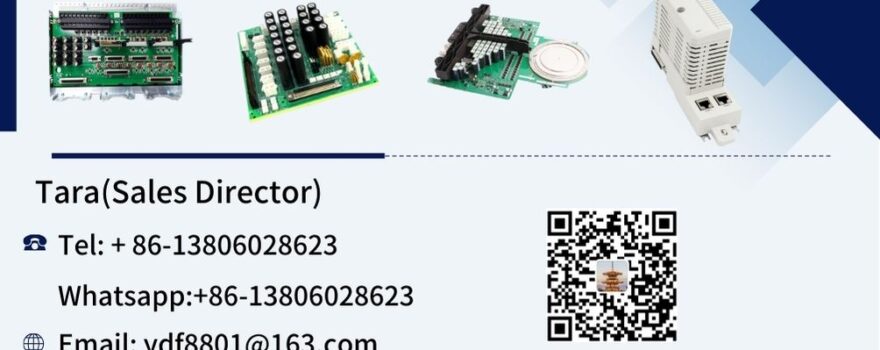
1、 What is an ERP management system?
ERP (Enterprise Resource Planning) management system is an integrated enterprise management software system that can coordinate and integrate the business processes, data flow, and process control of various departments in the enterprise, achieving orderly allocation and efficient utilization of enterprise resources.
ERP systems typically include multiple functional modules such as finance, procurement, sales, production, inventory, and human resources, covering various areas of enterprise production and administrative management. They can conduct comprehensive business process management, improve the production efficiency, management level, and decision-making ability of enterprises.
2、 What is MES management system?
MES management system, also known as manufacturing process execution management system, is a production information management system aimed at the workshop execution layer of manufacturing enterprises.
It can help enterprises achieve comprehensive management, including manufacturing data management, planning and scheduling management, production scheduling management, inventory management, quality management, human resource management, work center/equipment management, tool and tooling management, procurement management, cost management, project kanban management, production process control, underlying data integration analysis, upper level data integration decomposition, etc., to create a solid, reliable, comprehensive, and feasible manufacturing collaborative management platform for enterprises.
3、 The relationship between ERP system and MES system:
ERP system and MES system are both important components of enterprise management system. The ERP system mainly focuses on the overall resource planning and management of the enterprise, including multiple modules such as financial management, sales management, procurement management, inventory management, etc. It takes a global perspective of the enterprise, coordinates and plans various resources of the enterprise, aiming to improve the overall operational efficiency of the enterprise.
The Wanjie Starry Sky MES system focuses more on the specific production execution process, including multiple links such as production scheduling, production scheduling, and quality control. The MES system can provide real-time production data and execution status, helping enterprises better control the production process and improve production quality and efficiency.
Although ERP and MES systems are functionally independent, their work may overlap and complement each other in practical applications. ERP systems are closer to enterprise level systems and involve global business operations with lower update frequencies; The MES system, on the other hand, is closer to scene based on-site control and requires real-time updating, analysis, and processing of data.
4、 Applicable scenarios of MES and ERP:
Based on the definitions and advantages of MES and ERP, we can see that their applicable scenarios are different. Generally speaking, MES is more suitable for manufacturing enterprises, especially those that require production process optimization and quality management. Wanjie Starry Sky Technology MES can help these enterprises achieve real-time monitoring and control of the production process, improve production efficiency and quality, and reduce costs and risks.
ERP is more suitable for service-oriented and circulation oriented enterprises, especially those that need to optimize internal business processes and improve management efficiency. ERP can help these enterprises achieve information sharing and circulation, optimize business processes, improve decision-making ability and market competitiveness.

